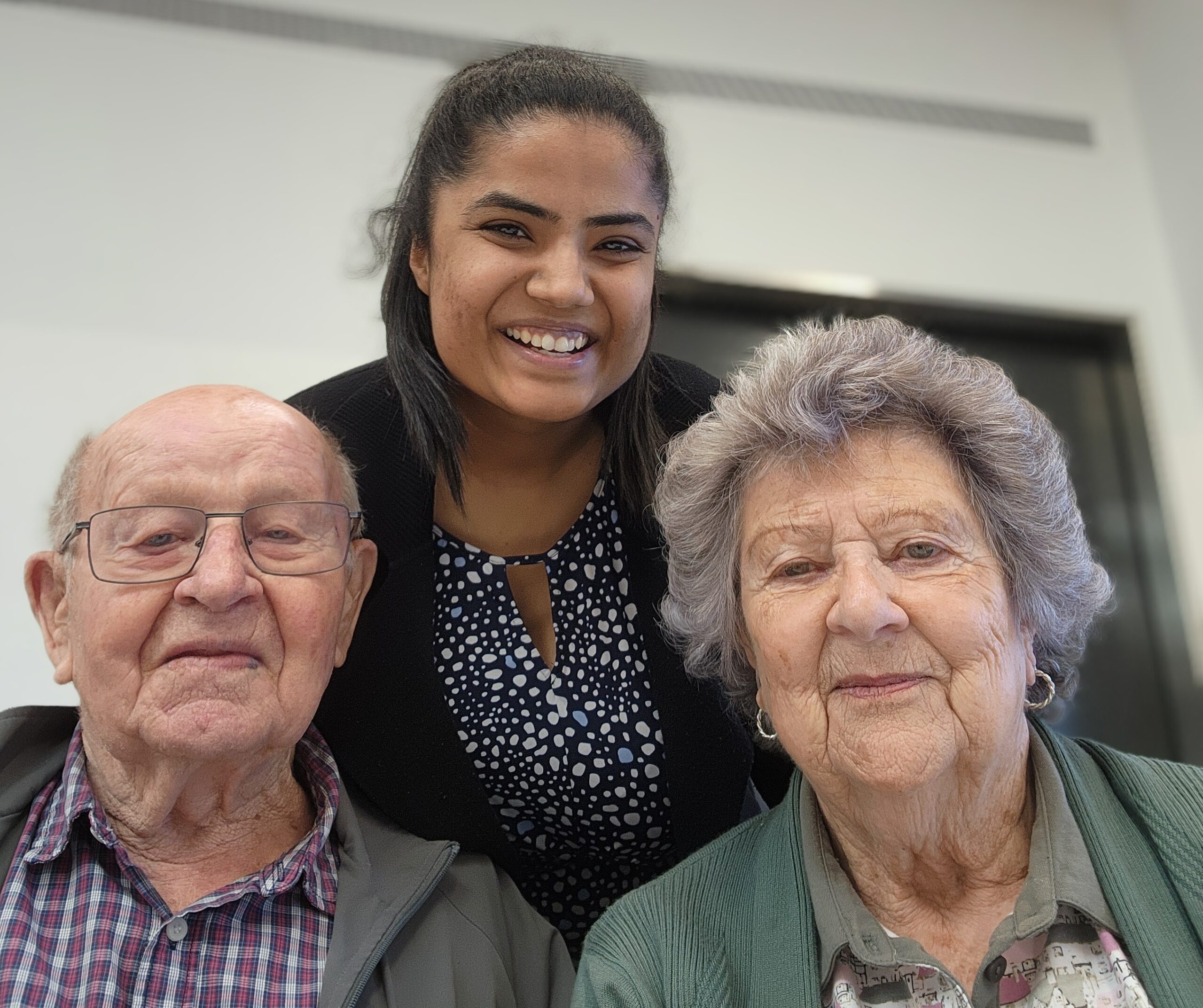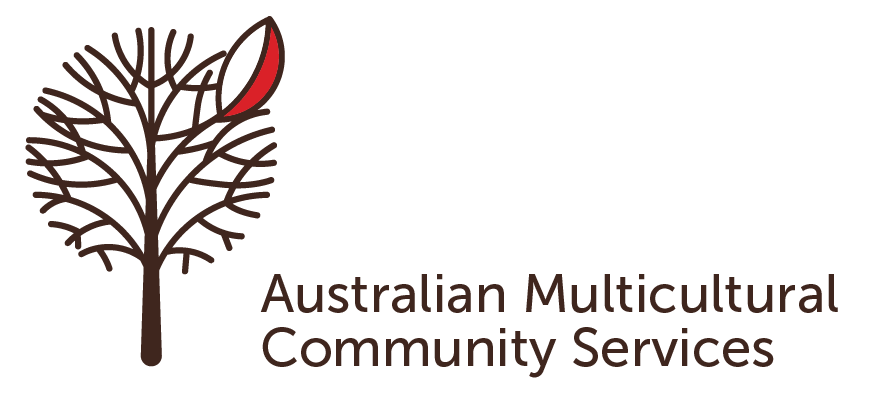Australia is a land of cultural diversity. Collectively we speak over 200 languages. Around a quarter of our population (28%) were born in another country, with the majority from England, India or China. We practise many religions and have a huge range of cultural practices.
Not everyone views changes in cognition or dementia the same way. Some languages have no word for dementia, while others have words that are highly negative and stigmatising, contributing to shame and fear of this disease.
Different cultures have different expectations of how support should be delivered, especially for older people with dementia. Some cultures promote ‘looking after your own’ and as a result, some carers may struggle to support people alone. Others may try to hide dementia, fearing that it is a shameful condition.
We all derive comfort from practising familiar traditions or customs, eating familiar food and hearing meaningful music and songs in our mother tongue. These often become more important for people with dementia.
People may worry that support services cannot deliver culturally sensitive, person-centred care. This is changing.
Culturally specific or sensitive aged care services are growing with more support and information available. You can read more about supports, services and organisations across Australia.
Otto and Ann’s story
Born in Lithuania to German parents, Otto’s childhood was heavily influenced by World War II. He lived in Germany during the War’s final years before migrating to Australia as a 25-year-old in 1960, seeking new opportunities and adventures.
He established a life and family alongside his wife, Ann, in Melbourne. There were ups and downs but they worked together to overcome all challenges.
Otto’s Alzheimer’s diagnosis in 2023 arguably led to the toughest challenge.
The first signs of cognitive decline appeared in 2018 while planning an overseas holiday. Previously, Otto had always taken charge. This time he wasn’t interested in organising anything.
The signs of cognitive decline continued and when an Alzheimer’s diagnosis was finally made there was relief for Ann, but not for Otto.
“Otto was angry. I don’t think he ever really accepted or recognised the diagnosis. He wouldn’t talk about it because in his eyes there was nothing wrong with him,” Ann explains.
This can be common for many people diagnosed with dementia and their families. It can take time to understand the diagnosis and come to terms with dementia. For more information, carers can read: 2.6 The person with dementia won’t talk about their diagnosis.
The rapid progression of Otto’s Alzheimer’s also resulted in the loss of much independence. He could no longer drive and for a time blamed Ann. The effects on Otto’s ability to communicate, and subsequent frustration and occasional aggressive outburst made life harder for both Ann and Otto.
A GP referral to Australian Multicultural Community Services (AMCS) while waiting for Home Care Package approval had a profound positive impact.
AMCS provides personalised care for multicultural clients. Its staff represent almost 40 countries, reflecting the diversity of its clientele.
AMCS understands that culture is more than just language; food, celebrations, experiences, music, rituals and more are important for community connection. AMCS takes time to learn about the life experiences and cultural identity of each client to understand their individual wants and needs. This is embedded in the support they offer to carers and people living with dementia to ensure clients feel safe and respected.
Otto and Ann participated in a five-week Staying at Home program, linked to AMCS’ free Dementia Support Centres in Melbourne and Geelong, funded by the Australian government. They attended regular small group sessions, participated in fun activities and developed a strong peer support network alongside four couples with shared experiences of dementia and multicultural upbringings.
“It’s hard work as a carer but [the program] helped us both. You need other people in the same boat,” Ann says.

Dementia Program Coordinator Heena Modi (pictured above with Otto and Ann) also helped Otto to accept his Alzheimer’s diagnosis while making him feel comfortable and happy. She paid close attention to Otto’s interests, including pool, and asked him to teach her during their first session. This gave Otto a sense of belonging and an instant connection that remains.
“I remember the first time we went to the program, he didn’t want to get out of the car. He was very stressed. But Heena was there and encouraged him to participate. Since then whenever he sees her face he lights up,” Ann says.
Being around other people with dementia also increased his confidence as there was instant acceptance and understanding by his peers.
AMCS continues to provide personalised support to Otto and Ann, including offering culturally specific food and assisting Otto in pursuing his interests. They are also invited to the monthly Harmony Café meet-ups, a dementia-friendly space where participants and their carers are welcomed to socialise, share resources, and make new friends.
Ann and Otto are thankful for the culturally appropriate care AMCS provides. The organisation’s support made all the difference following Otto’s Alzheimer’s diagnosis and they know help is always just a phone call away.





